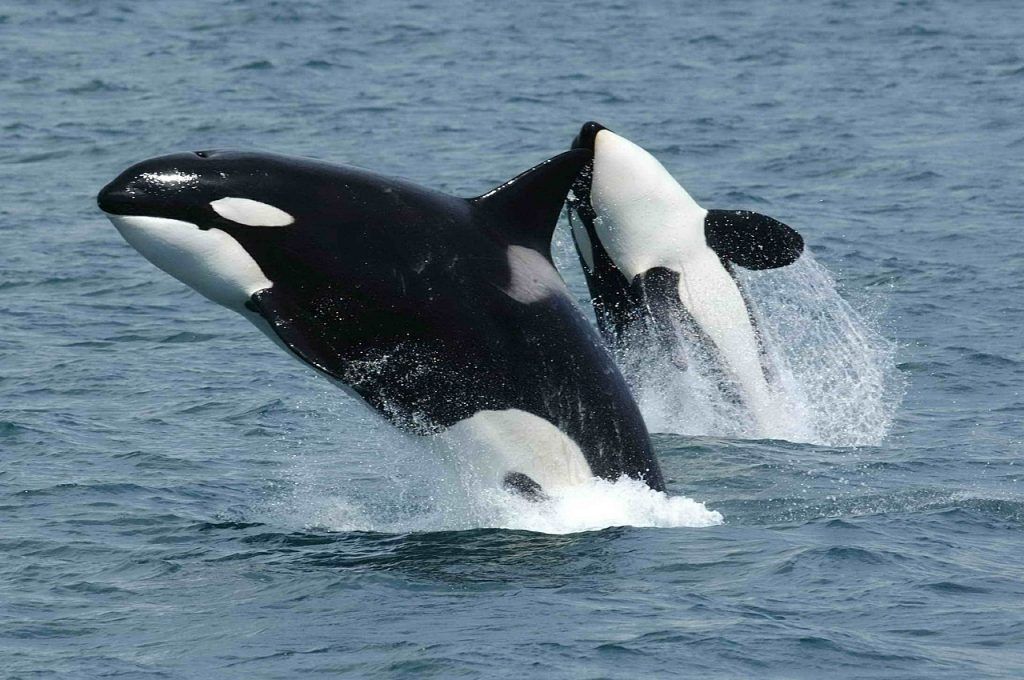A new worldwide study of killer whales, or orcas, suggests they could face extinction in 30-50 years due to a banned chemical that was common in 1940s construction materials.
PCB, the chemical in question, was common in paint, cement, sealant and other building materials. It was banned in 1986 when it was revealed to have detrimental effects to human and animal health.
An ever looming presence
“It’s alarming that the pollutant was banned 30 years ago and still effects the ecosystem, even more so now that we know it threatens the killer whale with extinction,” said Rune Dietz, Professor of Arctic Relations at Aarhus university in charge of the study.
The researchers were surprised to find values of up to 1,000 milligrams of PCB per kilo of adipose tissue in the whales – that is 20 times the amount that can cause damage to the immune system and an inability to reproduce.
Past decisions, future consequences
Professor Torkel Gissel from DTU Aqua, an academic not associated with the study, called the study “interesting and scary.”
“It sends an important message to politicians and citizens that we cannot foresee the effects of our pollution in the long run, since it takes a long time to leave the ecosystem. For example, plastic pollution in the oceans may have severe consequences in the long run that we cannot currently predict,” said Gissel.
















